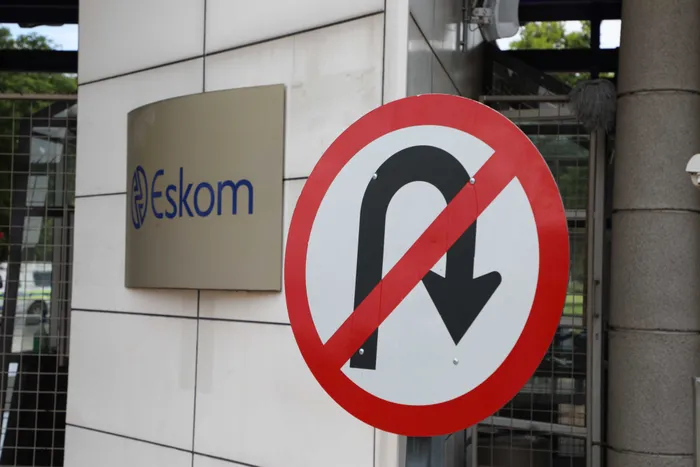Financial and Fiscal Commission raises alarm over SOEs fiscal drag
PARLIAMENT

The National State Enterprises Bill proposes the establishment of the State Asset Management Company to consolidate the State’s shareholdings in SOEs with the State as the sole shareholder of a holding company.
Image: File
Banele Ginidza
The Financial and Fiscal Commission (FFC) has sounded a clarion call to Parliament, highlighting alarming trends in the fiscal drag imposed by State-Owned Enterprises (SOEs).
In a recent presentation to the Portfolio Committee on Monitoring and Evaluation, the FFC revealed that direct government transfers to SOEs rose significantly from 1% of GDP in 2015/2016 to 1.6% in 2021/2022.
This stark upward trend raises pressing concerns over the sustainability of SOE funding and the need for urgent reforms.
The Commission’s damning analysis underscores a decade-long commitment from the government, which, between 2008/2009 and 2019/2020, spent approximately R160 billion to bail out financially troubled SOEs.
The FFC's warnings come amid growing anxiety over the potential fiscal repercussions of the proposed National State Enterprises Bill, which it claims fails to adequately address long-standing governance and accountability concerns prevalent over the past 30 years.
"In the 2025 Budget, our analysis shows that between 2024/2025 and 2025/2026 total government contingent liability will rise by about R9.4 billion with the bulk of it being centred around Eskom, Independent Power Producers and Transnet," the FCC said.
The National State Enterprises Bill proposes the establishment of the State Asset Management Company to consolidate the State’s shareholdings in SOEs with the State as the sole shareholder of a holding company.
The Commission emphatically stated its opposition to the Bill in its current form, labelling it inadequate in tackling issues of misuse of public funds and insufficient in providing measures for consequence management related to irregular and wasteful expenditure.
The FFC articulated a preference for establishing a holding company funded within the National Treasury’s budget baseline, a proposal aiming to restore fiscal integrity in the management of SOEs.
"The Bill does not have provision on consequence management specifically in the irregular, wasteful and corrupt expenditure. Without that, SOEs may continue to be vulnerable to improper public fund practices," said the Commission.
"We are concerned about the clear lack of financial purpose in this Bill...and transparency as well. Our initial advice was that the shareholding company should be within Treasury."
Treasury appeared before the Portfolio Committee on Planning, Monitoring and Evaluation on Wednesday also expressing concerns on the potential of malfeasance in the Bill.
Committee members, especially uMkhonto WeSizwe Party MP, Mzwanele Manyi, outrightly rejected the Bill, citing the fiscal risks associated with establishing the holding company, particularly the significant funding requirement of R615 million.
Members of Parliament expressed scepticism regarding the feasibility of the innovative funding mechanisms proposed.
Treasury also highlighted critical issues, particularly the proposed non-application of the Public Finance Management Act (PFMA) to the holding company and its subsidiaries, which could undermine transparency and accountability in financial management.
Treasury cautioned that the centralisation model posed risks, such as increased political interference and the potential for State capture, emphasising the importance of ensuring that SOEs remained financially sustainable without undue reliance on public funds.
Committee members raised significant concerns about the centralisation issues presented in the Bill. They argued that a centralised model could lead to a lack of transparency and accountability, making it more vulnerable to corruption and political interference.
Members highlighted that consolidating oversight of SOEs under a single holding company might exacerbate existing vulnerabilities rather than mitigate them, potentially creating an environment where decision-making becomes opaque and less subject to scrutiny.
BUSINESS REPORT